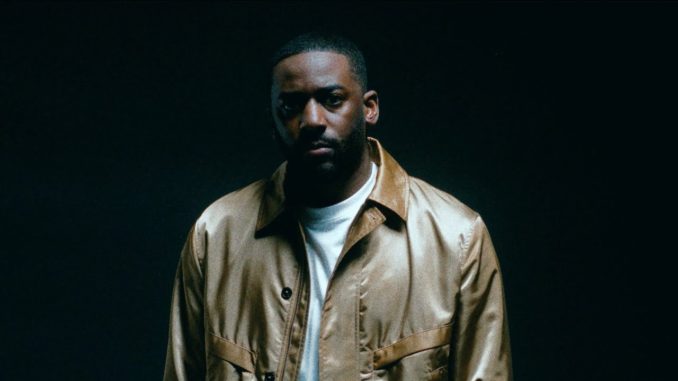
Bashy’s “How Black Men Lose Their Smile” is a heartfelt reflection on Black trauma and resilience. It hits different. The title alone got me curious, and from the moment the beat fades in, you know it’s about to get deep. Bashy takes us on a journey, one that’s painfully familiar if you’ve been paying attention to the struggles Black men face daily. From childhood joy to adulthood burden, Bashy doesn’t hold back. He shows us how that spark—the smile—gets worn down by a world that’s often unjust, especially toward Black men.
Right out the gate, Bashy reflects on being a happy child, carefree and full of life. It’s relatable. I think most of us can look back and remember that innocence, before the world hit us with its harsh realities. But for Black boys, that smile often doesn’t last long. He breaks it down: the world around him was supportive, encouraging, a safe environment where he could be himself. That’s the key—Black kids, like all kids, need that kind of positive foundation. But as he paints this picture, you know something’s coming.
Bashy then moves into the turning point, where things change. Black boys, judged more harshly in school, labeled as troublemakers for the same behavior others get a pass on. And he’s not just talking—this is backed by stats. In the U.S., Black children are more likely to be suspended or expelled than their white peers for similar actions. That’s a fact. The same stuff is happening in the UK, where Bashy’s from. So it hits home when he says, “That’s how Black men lose their smile.” It’s not just about school discipline; it’s about being made to feel like you don’t belong, that you’re a problem. That wears on a person.
Then Bashy drops some real knowledge about representation—or the lack of it. He talks about how not seeing teachers that look like him affected his sense of self. And he’s right. When you’re growing up and you never see anyone in authority who looks like you, it sends a message. You start wondering if you belong in those spaces. This is something that’s come up in the news time and again—whether it’s Black students feeling disconnected from a majority-white school staff, or adults in the workforce facing the same thing. Representation matters, period.
The song’s real heavy though, when Bashy talks about self-hate and fear. It’s heartbreaking but honest. He mentions being scared of men that look like him, something that goes back to the way society often villainizes Black men. The media plays a big role in this, always pushing negative stereotypes. Bashy’s verse about how these internalized fears and stereotypes lead Black men to hate themselves is something we need to talk about more. It’s deep, and he lays it out in a way that makes you stop and think.
Then comes the moment that had me hitting rewind. Bashy unloads a rapid-fire verse listing all the ways Black men have been wronged by society: “Genocide, terrorized, scrutinized, brutalized, ghettoized…” The list is long, but it’s real. Every word paints a picture of the trauma Black men carry. And yet, in the middle of all that pain, he drops the line: “But full of pride, hold me down and still I rise.” That resilience is everything. It’s a reminder that despite the trauma, Black men still push through, still rise up, still fight. That’s powerful.
The song fades out, leaving you with a lot to think about. It’s more than just music; it’s a message. Bashy’s telling a story that so many can relate to—how the world tries to break you down, but you’ve got to keep going. That’s the essence of resilience, and that’s the heart of this track. It’s Hip Hop at its best, using the art form to not just entertain but educate and inspire.
For anyone who’s slept on Bashy, now’s the time to wake up. “How Black Men Lose Their Smile” is a track that deserves attention, especially in today’s world where these issues are as relevant as ever. If you’ve ever wondered how the weight of racism, systemic injustice, and media stereotypes affects Black men, Bashy lays it all out for you. And he does it in a way that’s raw, real, and relatable.
This is the type of Hip Hop we need more of—real talk, real emotion, and real talent.


Leave a Reply